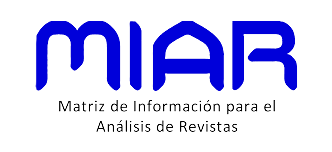Etika i timotika u romanima Dostojevskog / Ethics and Thymos in Dostoevsky's Novels
DOI:
https://doi.org/10.46352/23036990.2022.353Keywords:
Dostoevsky, ethics, the thymos, theodicy, humanismAbstract
The purpose of this paper is to comprehend the complex ethical picture of Dostoevsky through his great novels Crime and Punishment, The Idiot, Notes from Underground, and The Brothers Karamazov. Along with the numerous topics that Dostoevsky tackles in his novels, which are directly related to the history of European ethics, his idea of absolute humanism – thymos – remains evident in his entire work. In that sense, this paper will try to provide answers as to how Dostoevsky’s work relates to some great philosophers and their ethical systems, what kind of relationship it has with Christian morality, and finally, how it relates to secular humanist ethics. In order to tackle different and conflicting ideas, this paper will show that Dostoevsky’s opus must be read with the awareness that two opposite views on the same subject do not imply reality decomposition, but a statement about its essence, and obvious truth.
Downloads
Downloads
Published
How to Cite
Issue
Section
License
Copyright (c) 2022 Journal of the Faculty of Philosophy in Sarajevo / Radovi Filozofskog fakulteta u Sarajevu, ISSN 2303-6990 on-line

This work is licensed under a Creative Commons Attribution-NonCommercial-ShareAlike 4.0 International License.













